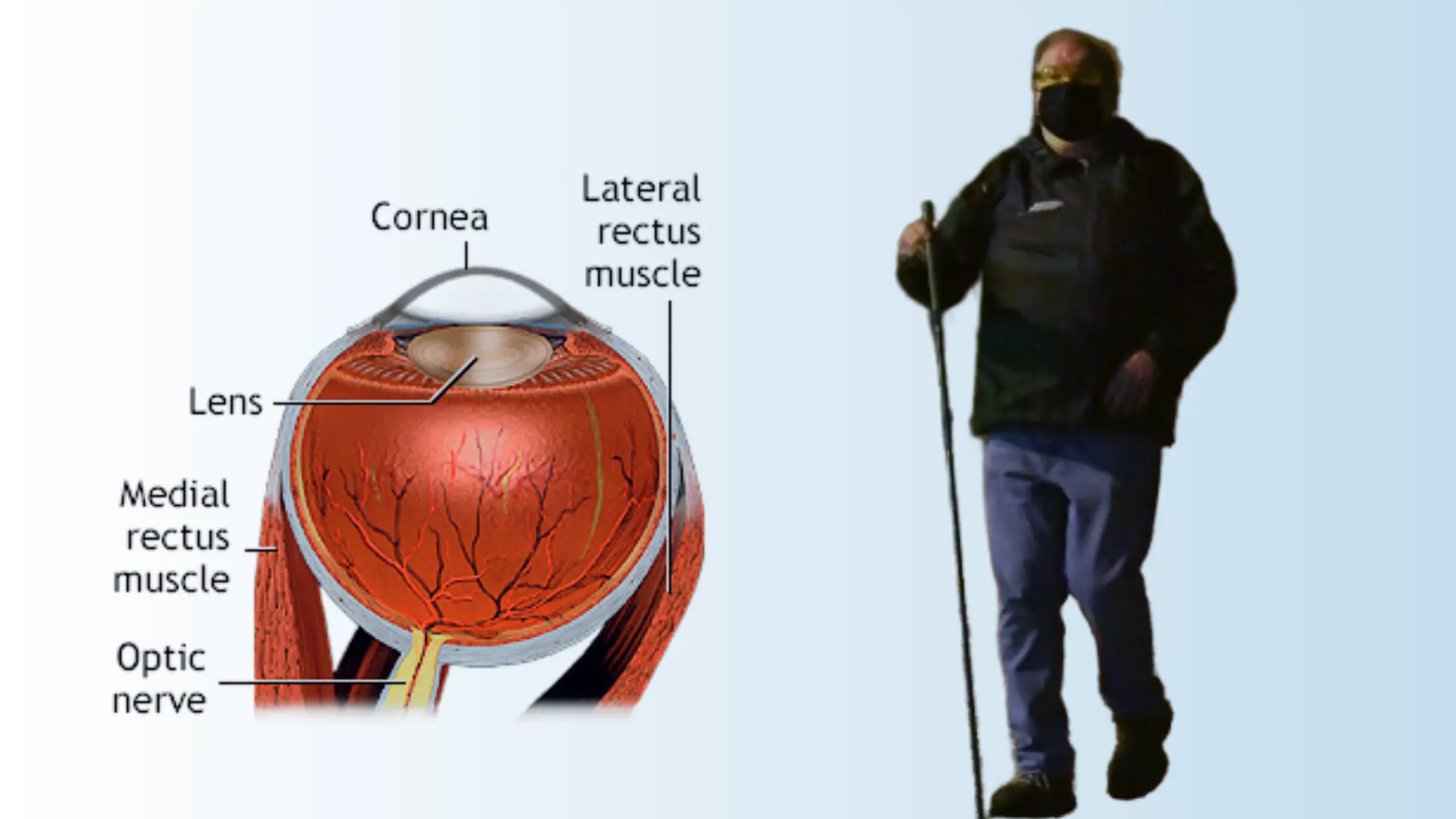Night blindness, also known as nyctalopia, is an eye condition that makes it difficult for the eyes to properly adjust and see in low-light environments such as at nighttime or dusk. Feeling vulnerable in dark conditions can severely impact one’s independence and quality of life.
While many factors contribute to the gradual onset of night blindness, a growing body of research points to the importance of optimal nutrition for supporting healthy vision across the age spectrum. This article defines night blindness and examines contributing elements, prevention strategies, coping methods, and emerging treatment options.
What is Night Blindness?
Night blindness is the inability to see clearly in low-light settings. Also called impaired dark adaptation, symptoms can include poor night vision and extreme slowness in vision to accommodate from light to total darkness.
A person may not experience issues seeing in normal or bright light, but as soon as the sun goes down they struggle to discern objects, colors, depth perception, and changes in terrain. The effect goes beyond mere inconvenience; walking at night or driving in the dusk/twilight conditions becomes difficult and dangerous.
While often chalked up to normal aging, true night blindness warrants attention. A gradual, mild decline in adjusting to darkness often starts around age 40. However, experts caution against shrugging off more severe or abrupt vision changes as just part of getting older.

There are many causes, some quite serious, underlying acquired night blindness happening later in life. Only an eye doctor can properly diagnose the root cause.
Causes and Risk Factors of Night Blindness
There are many reasons one might develop impaired night vision, from vitamin deficiencies and eye diseases to side effects of medication or health conditions. Causes generally fall under two main categories – congenital or acquired. Congenital nyctalopia occurs from genetic mutations passed down within families. Acquired night blindness stems from a variety of factors occurring over one’s lifetime.
How Can We Cure Night Blindness?
While there is no outright “cure” for night blindness itself, treating the underlying cause can often reverse or reduce symptoms. However, congenital night blindness arising from hereditary conditions has no cure as of yet. For acquired night blindness, interventions depend on pinpointing the source.
Eye diseases causing night blindness only worsen without treatment. Getting the right diagnosis and treatment plan tailored to the specific condition is critical to curbing vision deterioration.
When the main culprit is nutritional deficiencies or lifestyle factors like smoking, a multi-pronged holistic approach helps nourish the eyes and optimize health. One emerging ophthalmologist-formulated supplement called EyeFortin contains European botanicals targeted to counteract oxidative damage from poor circulation frequently underlying vision issues. While not scientifically proven to reverse congenital blindness, initial EyeFortin reviews suggest ingredients may help slow the progression of age-related vision decline by delivering key antioxidants.
As with any medical condition, working with one’s doctor to identify the root cause remains the surest path to appropriate treatment. Lifestyle improvements combined with advanced therapies and supplements under a doctor’s supervision may help lessen or manage acquired night blindness. However, those struggling with significant vision impairment should first address urgent eye diseases before symptoms cause permanent damage.
Final Verdict
Night blindness affects people of all ages in a profoundly disruptive way. The inability to see properly once light dims inhibits one’s capability to move safely and confidently through the world. Whether caused by injury, illness, age, or genetics, treatments exist today to restore night vision.
After receiving an expert diagnosis, steps like correcting deficiencies through diet, managing related diseases, altering medications, and even trying specialized supplements aim to curb symptoms. With vigilance to protect eye health from youth and ongoing advocacy for new research, the future looks brighter for unraveling secrets to optimal 24/7 vision at every stage of life.
Also Read: 6 Essential Nutrients For Boost Eye Health: Enhance Your Vision
Frequently Asked Questions
Night blindness arises from eye conditions, health issues, medications, trauma, lifestyle factors, and nutrient deficiencies compromising the eyes’ ability to function in low light.
The medical name for night blindness is nyctalopia. It is also called impaired dark adaptation.
Glasses cannot cure night blindness itself but do aid navigation at night. Treating the root cause is key to reversing related vision loss.